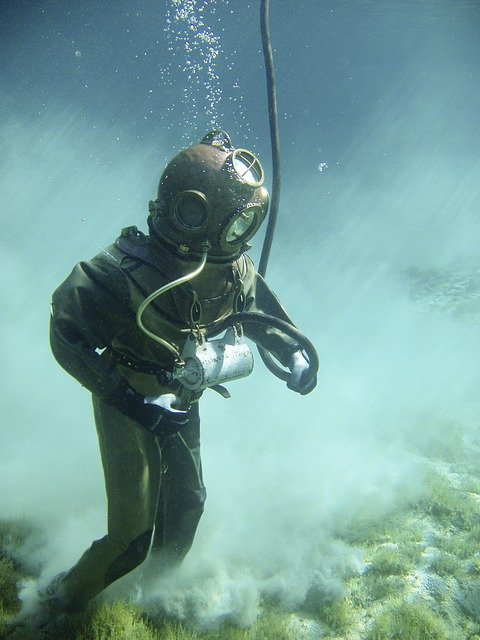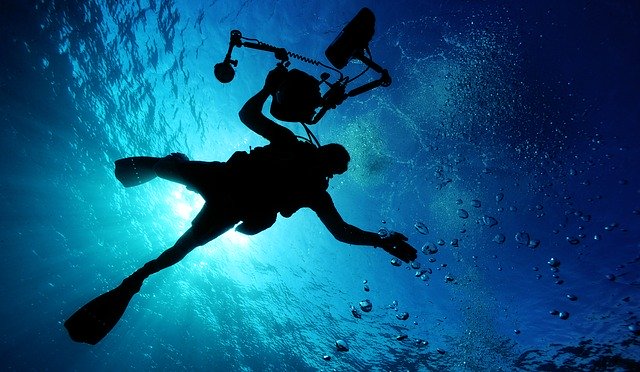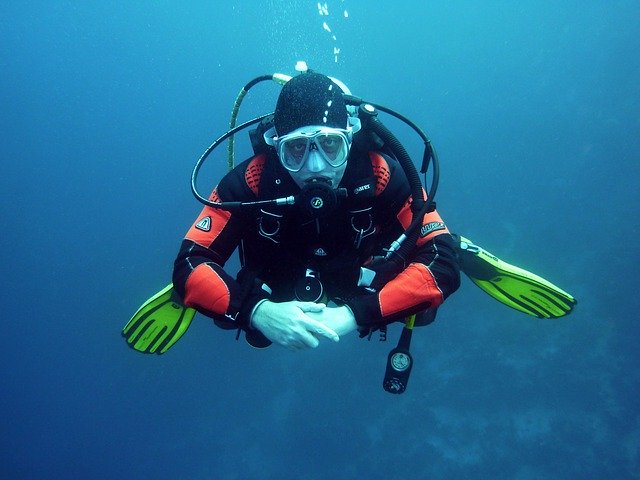What is Decompression Illness?
Decompression sickness is the name given to the damages instigated by a fast reduction in the pressure that surrounds a person, of either air or water. The ones that tend to suffer it the most are scuba or deep-sea divers, even though it also can occur to people during high-altitude or unpressurized air travel.
What occurs to your body while you go through decompression sickness is similar to what happens when you open a can of a carbonated drink: you lessen the pressure adjoining the drink in the can, which provokes the gas to pop out of the liquid in the shape of bubbles, but when it comes to the human body, these bubbles are nitrogen ones and they can harm your blood vessels and block regular blood flow.

Who’s in danger of suffering from Decompression Illness?
The ones in the highest danger of suffering decompression sickness are:
- People who suffer from heart muscle birth defects or more.
- People older than 30 years old.
- Women in general.
- People with poor cardiovascular health.
- People with a high percentage of body fat.
- People who drink alcohol or smoke tobacco often.
- The ones that suffer from fatigue, seasickness or lack of sleep.
- People who possess injuries, either they be old or recent.
- The ones that dive in cold water.
- People with lung diseases.
- People with birth defects such as holes or openings in the heart are at a particularly high danger of developing grave symptoms from decompression illness.
Symptoms of Decompression Illness
- Dizziness.
- Difficulty to think clearly.
- Joint pain.
- Great fatigue.
- Headache.
- A skin rash.
- Weakness in arms or legs
- Tingling or numbness
Prevention
To minimize the risk of decompression sickness while diving:
- Check that you are well hydrated, well reposed and equipped before your scuba dive.
- If in recent times you suffered from a grave disease, wound or surgery, speak to your doctor previously to diving.
- Don’t drink alcohol previously to diving.
- Dive and arise unhurriedly in the water, and do not stay at your deepest depth longer than what’s recommended or necessary.
- Avoid hot tubs, saunas or hot baths after diving.
- Do not embark on a plane flight within a 24 hours range after diving.
- Some people should evade diving completely, or should contemplate special dangers like, if you have a heart defect, it is not safe for you to dive at all; if you suffer from asthma or any kind of lung condition or rupture, you should definitely speak to your doctor before coming to the decision of practice scuba diving.

Treatment
The best treatment for decompression illness is the use of a hyperbaric oxygen chamber, which is a high-pressure chamber in which the patient obtains 100% oxygen. This swaps the pressure variations that permit gas bubbles to materialize in the blood current, at the same time it conducts nitrogen back into its liquid form so that it can be dissipated from the body more progressively and through a time frame of mere hours.
